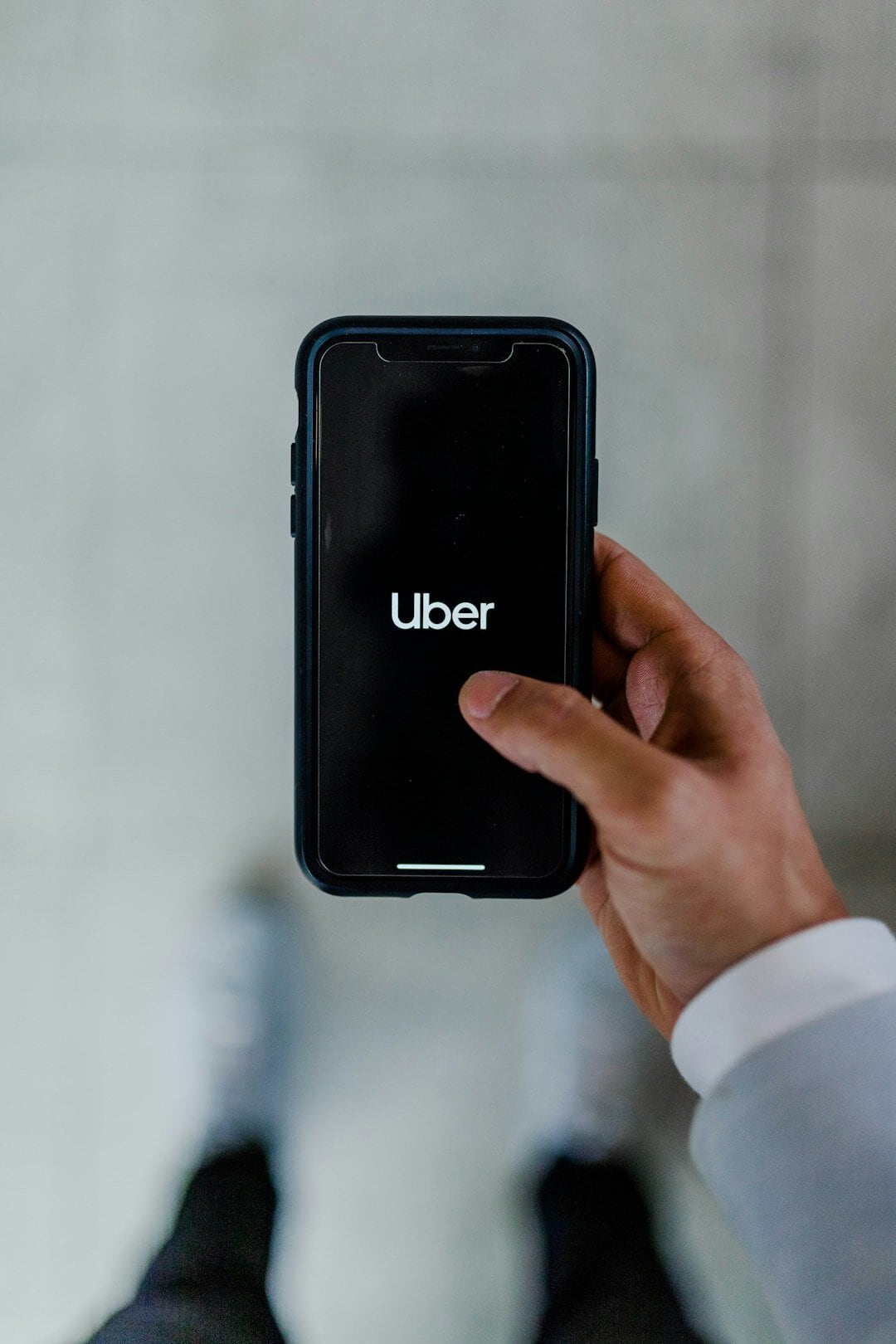In an era of rapidly advancing technology, mobile applications have become more than just tools—they’re personalized digital companions. This transformation is driven largely by the integration of Artificial Intelligence (AI) into app development, specifically in the domain of customization. AI-powered personalization is revolutionizing the way users interact with mobile apps, offering tailored experiences that enhance satisfaction and boost engagement.
Gone are the days of one-size-fits-all apps. Today, users expect applications to understand their preferences, anticipate their needs, and adapt in real-time. Let’s explore how AI-driven personalization is reshaping user experience across mobile platforms.
The Power of Data-Driven Personalization
At the heart of AI personalization is data. Every tap, swipe, and scroll made by users generates data that helps AI systems learn behavior patterns. These insights enable apps to offer:
- Relevant content recommendations
- Customized notifications
- Adaptive user interfaces
- Predictive search results
For instance, streaming apps like Netflix and Spotify use AI algorithms to analyze what users watch or listen to, and then provide highly accurate suggestions. This not only improves user satisfaction but also increases the time spent on the app, a critical metric for business success.

Enhancing UX Through Contextual Interactions
AI drives context-aware personalization, which means apps can respond to users based on their location, time of day, and even current activity. Consider a fitness app that suggests a morning workout, tracks your steps, and adjusts your goals dynamically based on performance data. It’s more than intelligent design—it’s predictive use-case modeling at work.
This contextual adaptation leads to a smoother user experience, reducing friction and making apps feel intuitive. Users don’t have to navigate menus to find what they need—the app presents it to them proactively. This level of predictive behavior is made possible through Machine Learning (ML), a subset of AI.
Personalized Marketing and User Retention
Personalization isn’t just about pleasing the user—it’s also a powerful marketing tool. AI enables mobile apps to deliver personalized promotions, discounts, or product suggestions that align with individual user preferences. For example, e-commerce apps like Amazon show users products they’re more likely to buy based on browsing and purchase history.
This level of personalization significantly boosts conversion rates and customer loyalty. When users feel that an app “knows” them, they’re more likely to engage often and stick around, reducing churn and maximizing lifetime value.

AI Chatbots and Virtual Assistants
Another vital aspect of personalization is the integration of AI-powered chatbots and virtual assistants. Whether you’re tracking a package, booking a flight, or checking your account balance, chatbots can provide quick, personalized support tailored to your data profile and interaction history. They’re available 24/7, too—providing convenience that’s hard to match with human agents.
Some examples include:
- Banking apps that suggest savings plans based on spending habits
- Travel apps that offer itinerary updates relevant to your preferences
- Food delivery apps that remember your favorite restaurants and order history
The Role of Real-Time Learning
Modern AI algorithms aren’t static. Thanks to real-time machine learning, apps continuously refine their understanding of user preferences. This means the longer someone uses an app, the more precise and enjoyable the experience becomes. Unlike rule-based systems, AI adapts and evolves, staying relevant even as user interests shift over time.
Privacy and Ethical Considerations
While the benefits of personalization are abundant, they also open up critical questions about data privacy and ethical AI usage. Developers must ensure that user data is collected transparently, stored securely, and used responsibly. Implementing end-to-end encryption, offering privacy settings, and complying with data regulations like GDPR are essential for maintaining user trust.
Conclusion
As mobile apps continue to multiply and compete for user attention, AI-driven personalization stands out as a key differentiator. It not only enhances the user experience by delivering content and features tailored to individual preferences but also increases user engagement, loyalty, and ultimately, app success.
Whether through smart product recommendations, responsive interfaces, or helpful chatbots, AI is making mobile applications more human—and far more useful—than ever before.
